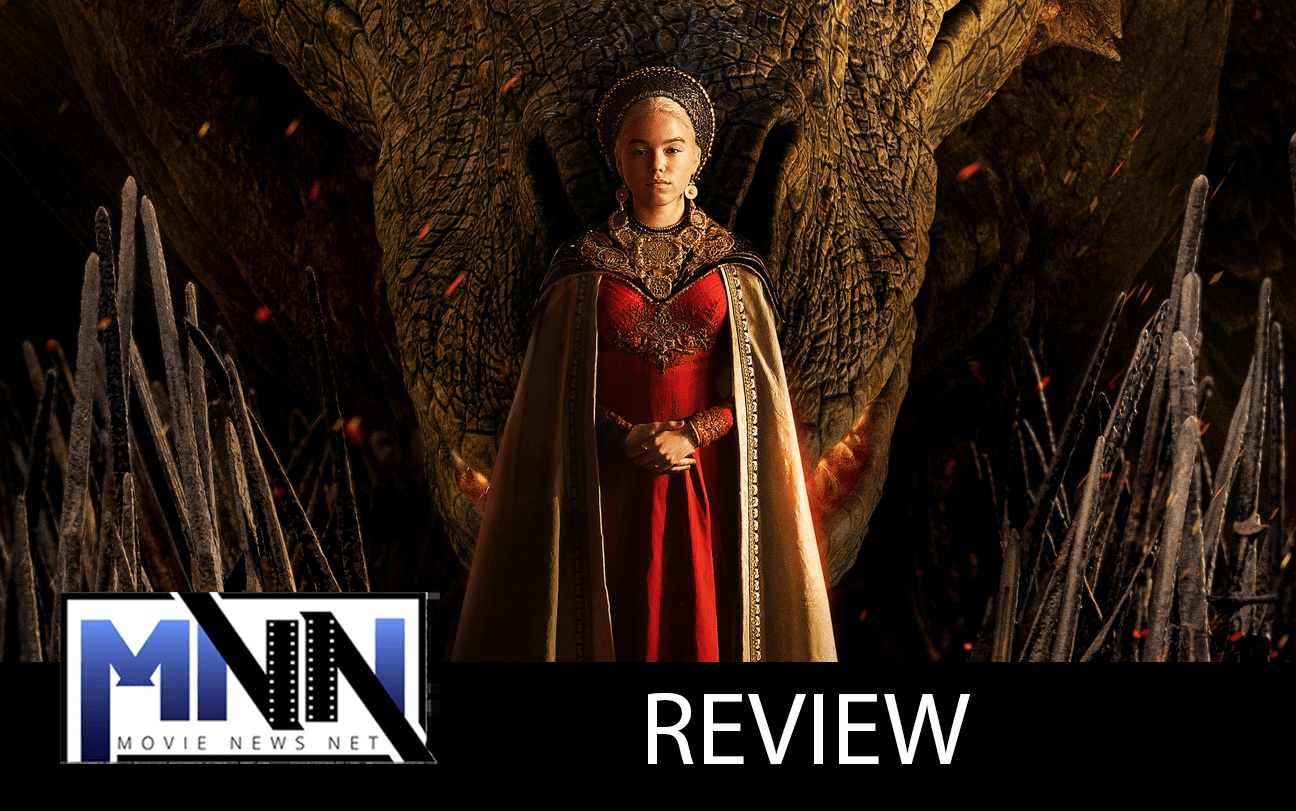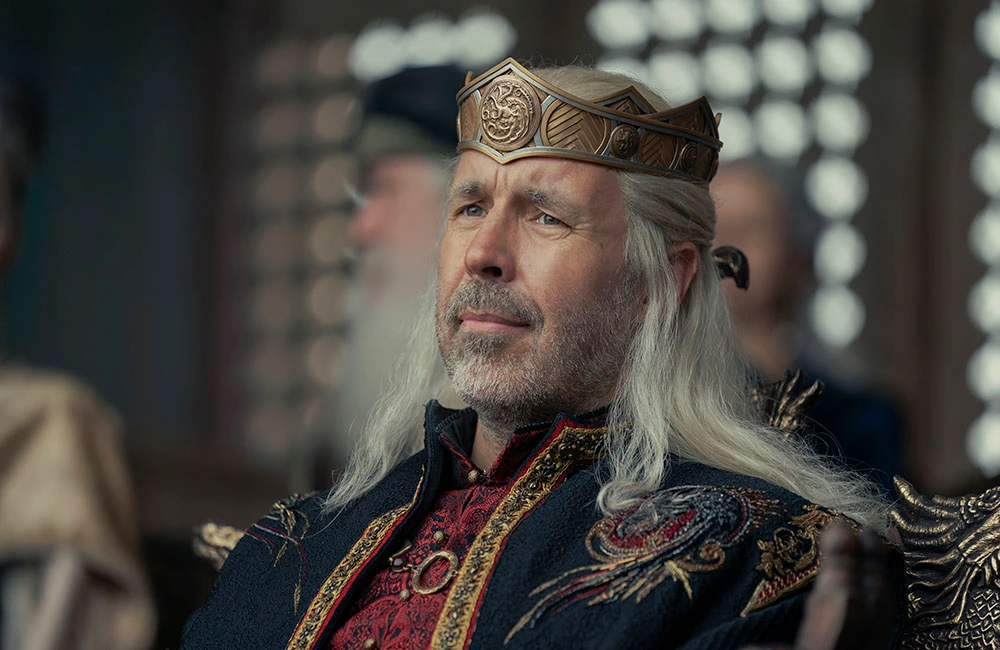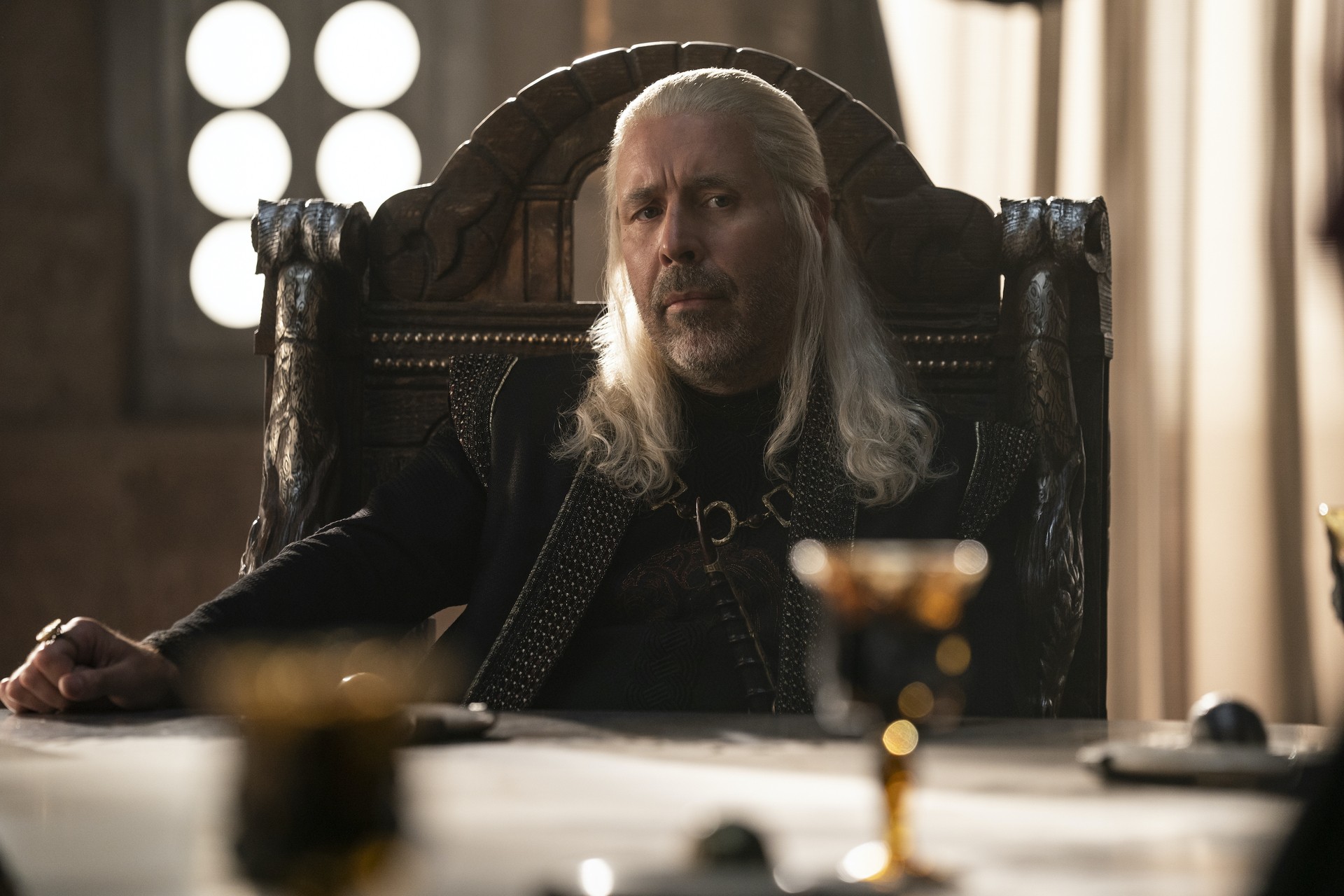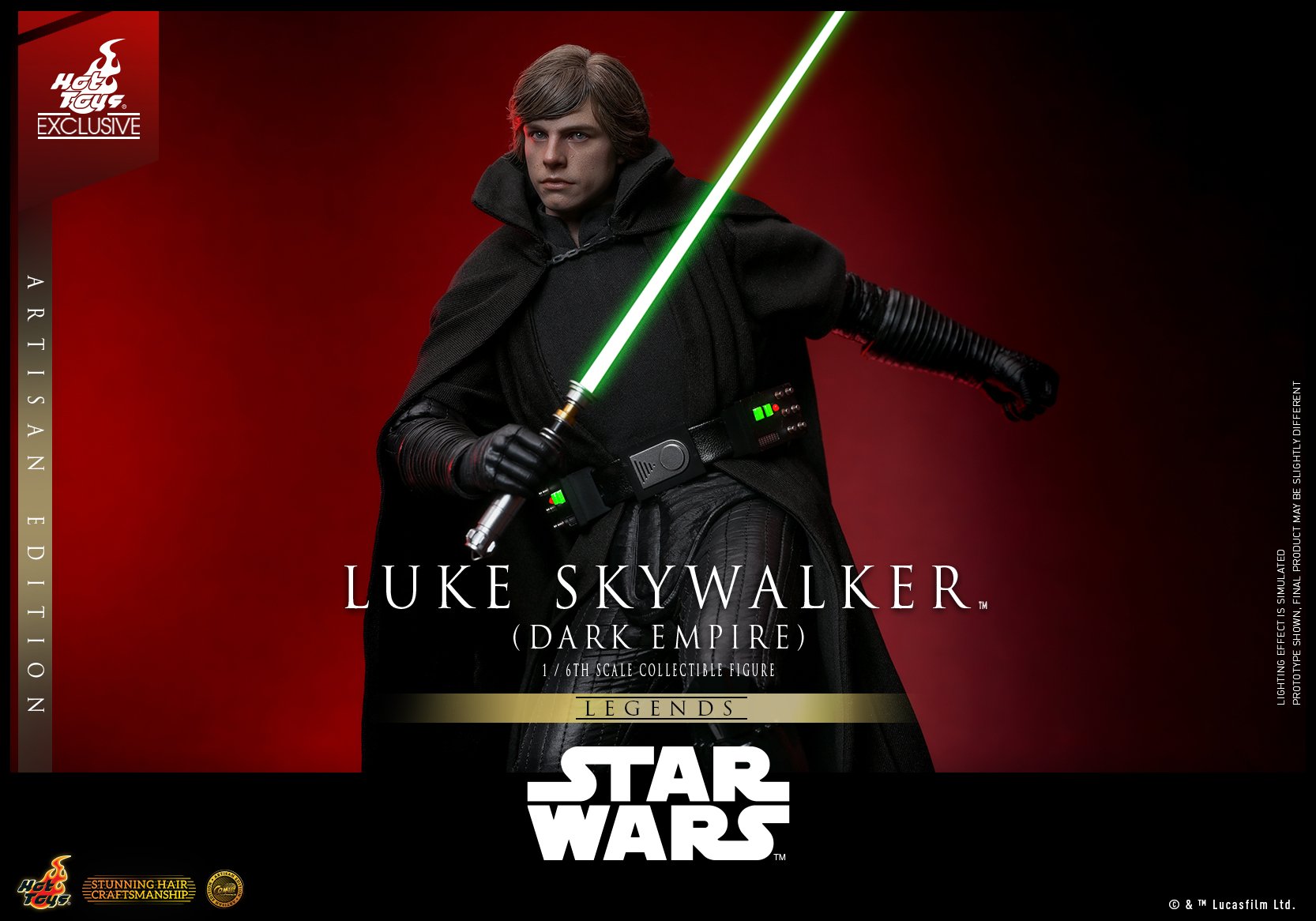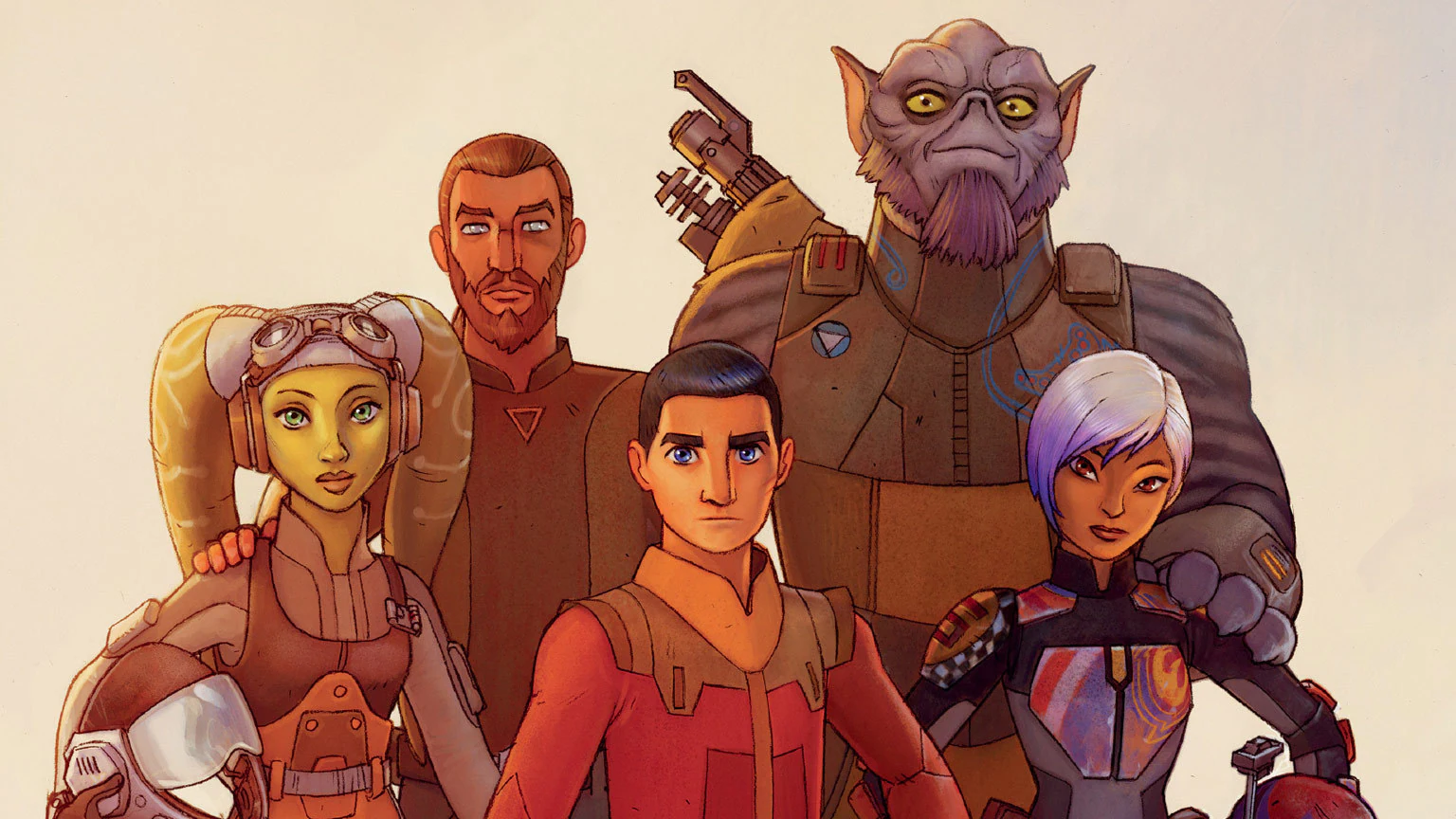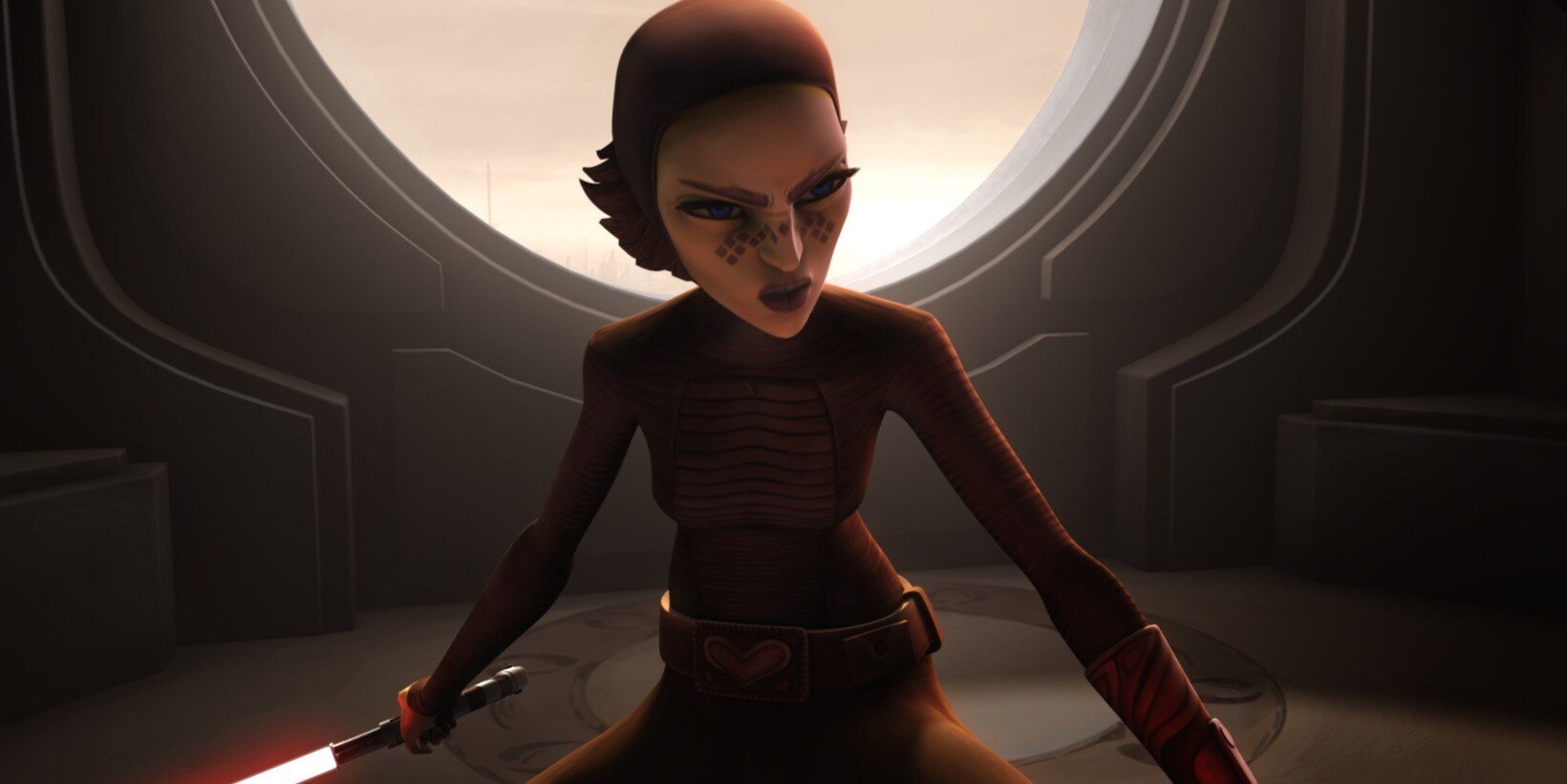‘House of the Dragon’ Channels ‘Game of Thrones’ Season 1 — Episodes 1-6 Review
Westeros is coming back to our screens this weekend, with the series premiere of the first spin-off show House of the Dragon, an ambitious project from HBO that could be the new Better Call Saul to Game of Thrones‘ Breaking Bad or sink the ship even more after the overall disappointment of the final season of the previous show.
As some may already know, House of the Dragon was not HBO’s first choice for the very next show after Game of Thrones. The network was originally going to have a series led by Naomi Watts set 1,000 years before Daenerys Targaryen, a show that was scrapped because it wasn’t “expansive or epic enough,” as former chairman of WarnerMedia entertainment Bob Greenblatt told The New York Times. Instead, the network opted for a Targaryen-focused series that would adapt George R.R. Martin’s Fire and Blood (to an extent), a project that the author himself had been championing for a long time.
After watching the first six episodes, there is no question why HBO embraced this project. Set 172 years before Daenerys was born, House of the Dragon feels like a redo of Game of Thrones season 1, but with more budget, and more dragons. There might be some that are taken aback by how similar the storytelling between both shows is, and how, in many ways, both first seasons mirror each other. I, myself, am here for the ride. It’s strange to be nostalgic about a ten-year-old series, and even stranger being nostalgic about watching the series in full for the first time seven years ago, as it happened to me (I finally jumped in after season 5 had concluded), but this was my experience watching this first set of episodes.
The main difference between the storytelling of House of the Dragon and Game of Thrones, I would say, is that the former has fewer characters to deal with, which at times makes the series feel less expansive, but, I would argue, also makes it feel less overwhelming. Thrones‘ epicness did not rely on its massive battles or gorgeous dragons — it was a grand story threaded very carefully that included around a dozen locations and a large stream of characters. The vastness of the cast and the many new concepts that were introduced in the very first few episodes pulled some people away the first time they watched it (it happened to me too). This is not the case with House of the Dragon.
The series focuses on House Targaryen and, as the Thrones similarities start to come in, how the country was split in half over the matter of succession. The cast, while still large, is mostly set in King’s Landing, at least in the first episode. We are quickly introduced to the main players of the game, with our focus set on Princess Rhaenyra Targaryen, daughter of King Viserys (Paddy Considine), the current ruler. Viserys was chosen the ruler of Westeros by the Council of Harrenhaal, who elected him instead of his cousin and rightful heir to the throne, Princess Rhaenys Targaryen (Eve Best), a decision that would later come into play when Viserys elects his first-born Rhaenyra as his heir before his son is born. The country will be divided over whether a woman can sit on the Iron Throne or not.
Fire and Blood, the book that inspired House of the Dragon, was written as a fictional history book. The best comparison I can find is that Dragon is to Fire and Blood what Ken Follet’s historical novels are to our own history books. And there is more than one side to that comparison — Follet would bend history at will at certain points in his writing while staying true to the actual events. Much like the series, Follet would have to come up with subplots and entire dialogue scenes to fill in and justify certain events.
As revealed during the marketing campaign, the events of the series are depicted through two main different timelines (while still allowing for small time jumps inside of each one). Milly Alcock plays Princess Rhaenyra in her younger years, with Emma D’Arcy playing the older version. I must admit that, being familiar with this, I was very much looking forward to D’Arcy’s portrayal of the character and in doing so, I was completely sleeping on Alcock’s portrayal. Do not make the same mistake as I did, because Alcock, at 22, absolutely steals the show. She expresses Rhaenyra’s vulnerabilities and her fierceness with equal levels of mastery. It is not an easy task to lead such a complex and adult show playing a 15 or 17-year-old, but she excelled at it.
The teenage version of Rhaenyra plays a larger role than I personally anticipated going in, and I’m glad they went that way because it just works. We also get to see the majority of the backstory between her and Alicent Hightower. She is Rhaenyra’s childhood friend, a relationship that holds the narrative together, by being the heart of the show at times, but also sparking the necessary conflict that is all the more powerful because of their previously-established bond. Teenage Alicent is played by Emily Carey, who does a magnificent job in portraying the many layers of her character — these are quite different from Rhaenyra’s.
In Game of Thrones terms, Rhaenyra would be Arya (a comparison already made by Alcock during the marketing), always pushing the boundaries of what’s expected of her by the world while struggling to find a place within her own family. At the same time, Alicent would be an early-series Sansa, very aware of what is expected of women in her time and always trying to please the men in her life. I still believe that Sansa, who is my favorite character in that show, is a much more layered character, even in the early seasons, but I feel like Carey pushed the envelope on what the script had for her character and made her more three-dimensional than the scripts do.
House of the Dragon could be viewed through the relationships Rhaenyra has with the people around her. She has a semi-complicated relationship with her father, King Viserys, which would be much simpler if the two just sat down and talked it out. But because of their personalities, that won’t happen. Viserys is a noble man who is trying to satisfy everyone, leaving a lot of people feeling unattended in the way. The burden of the Throne and what it represents gets heavier for him every day, and as he tries to put his family and his country together, things start to crumble around him.
He is helped by his Hand, Otto Hightower (father of Alicent), played marvelously by Rhys Ifans. Ifans also feels the weight of the Throne over his shoulders too — his eyelids get lower and lower every episode as the stress of the politics that come with ruling a volatile country led by dragon riders weighs on him, but tries his best to give honest advice to a King that is often persuaded by shiniest pearl on the table. A common source of conflict is King Viserys’ brother, Daemon Targaryen (played by Matt Smith), who is the very incarnation of some of the worst stories we heard about the Targaryen family in Game of Thrones. He is unstable and out for blood; unpredictable in some of his actions though there always seems to be a thought process behind them, as random as they may seem at times.
Emma D’Arcy and Olivia Cooke play the adult versions of Rhaenyra and Alicent. They do not have a presence as large as Alcock and Carey do in the six episodes HBO sent to press, so I really feel like will appreciate their performances more after watching the final four episodes. The plotlines set in this second timeline are certainly very intriguing and got me very excited about what’s to come in the final stretch of the season, but for now, I need to spend more time with this new cast.
Of the two women, Cooke’s performance definitely impressed me the most. Episode 6, in particular, has a scene that I already feel could play during the Emmys’ montage should she get nominated. D’Arcy plays a more seasoned version of Rhaenyra, and I am already looking forward to seeing how her story evolves. The maneuvering she was doing as a kid starts to get replicated by the adult iteration of the character, but with different players and more strategic moves, that will hopefully set up a season finale to remember.
As it comes to expect in a Game of Thrones-related show, and especially one that mirrors the original so much, there are a lot of twists and turns, betrayals, likely and unlikely alliances, and a lot of politics all around. The amount of political maneuvers and strategies is very reminiscent of season 1 of GoT, and while some of the twists may be predictable, it’s only because the writers did such a good job by setting up all the players and plotlines.
As for downsides, I would point out that, indeed, there are some developments in the plot that are portrayed as twists but they are rather easy to foresee — I wonder, though, if the writers intentionally framed these in a particular way that would seem predictable so that we get comfortable and suddenly strike us with a big turn of events towards the season finale. I hope that’s the case. Additionally, and while I wasn’t necessarily disappointed by this, I think some viewers going in will expect the expansiveness and epic battles that Game of Thrones had in its later seasons. This is not the case, and nor should it be.
Thrones‘ epic nature was rooted in the vastness of its cast and expanding their storylines over multiple seasons. Battle of the Bastards is remembered as one of the best episodes of television history, not because of how wide the shots were and how many people were involved in it, but because it represented a massive shift in the narrative of that show and a massive accomplishment for its protagonists. It stood upon the shoulders of almost six seasons of television and delivered a grand spectacle that was ultimately a great character moment. House of the Dragon is not there yet, and while there are some battles, people should not go in expecting the next Hardhome or Battle of the Bastards. But so far, it has the potential to, one day, get there.
One final note before I wrap up — Ramin Djawadi’s score also takes over the show, by delivering familiar tunes mixed in with new themes. In the first episode, he delivered some of GoT‘s greatest musical moments, but he also filled in some variations to the themes we are used to that could be seen as a precursor to the themes explored in Thrones, much like what House of the Dragon actually represents. Those themes come back and evolve over the next set of episodes, though it’s really the first one that establishes them.
Overall, I think Game of Thrones fans that did not enjoy the later seasons and look forward to a new story set in Westeros, filled with politics, twists, and sudden (and gruesome) deaths, will be satisfied. Fans that loved all of it, will enjoy it, for sure. As for everyone else, while House of the Dragon has some winks to the camera disguised as references to the previous show, they will go unnoticed by viewers who are either not familiar with or have forgotten about most of Thrones. Whether or not this is the next big fantasy show, I think we’ll have to wait at least to finish the season to say, and most likely need another season to confirm. But the beginnings are promising, and I think the pieces are in play for the creators to deliver a strong finale like only Game of Thrones knows how to do.
House of the Dragon will premiere its first episode on HBO on Sunday, August 21, and will be available to stream on HBO Max. The series stars Paddy Considine, Matt Smith, Olivia Cooke, Emma D’Arcy, Steve Toussaint, Eve Best, Fabien Frankel, Sonoya Mizuno, and Rhys Ifans. Additional cast includes Milly Alcock, Bethany Antonia, Phoebe Campbell, Emily Carey, Harry Collett, Ryan Corr, Tom Glynn-Carney, Jefferson Hall, David Horovitch, Wil Johnson, John Macmillan, Graham McTavish, Ewan Mitchell, Theo Nate, Matthew Needham, Bill Paterson, Phia Saban, Gavin Spokes, and Savannah Steyn.
Miguel Fernández is a Spanish student that has movies as his second passion in life. His favorite movie of all time is The Lord of the Rings, but he is also a huge Star Wars fan. However, fantasy movies are not his only cup of tea, as authors like Scorsese, Fincher, Kubrick or Hitchcock have been an obsession for him since he started to understand the language of filmmaking. He is that guy who will watch a black and white movie, just because it is in black and white.

